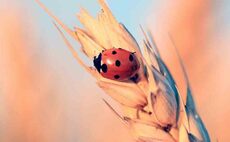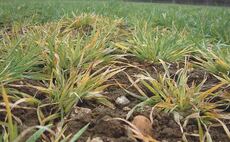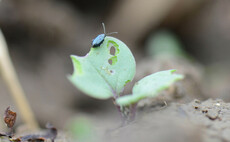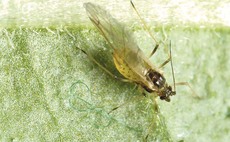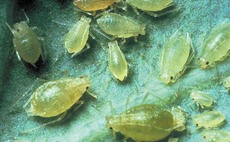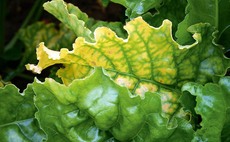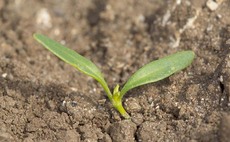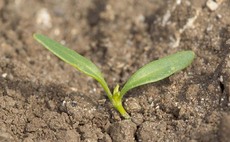Neonicotinoids
Arable
Many growers are already looking to combat insecticide use on-farm, but other agricultural inputs could also be having an impact on beneficial insect populations.
Arable
One of the key disadvantages in the use of pyrethroid insecticides is their assumed effect on beneficial insect populations, but there are actions farmers still using insecticides can take to protect beneficials.
Arable
An unseasonably early harvest and record-breaking temperatures have increased the risk of yield loss from barley yellow dwarf virus (BYDV).
Arable
Dry soils inhibiting early drilling and restricting fast emergence have left OSR vulnerable to cabbage stem flea beetle (CSFB).
Arable
The Rothamsted Insect Survey has recorded the first peach–potato aphid (Myzus persicae) catches of 2022.
Arable
As sugar beet starts to emerge, growers are being reminded to start checking crops for aphids.
Arable
It is estimated around 75 per cent of sugar beet seed will be treated with the Cruiser SB (thiamexotham) seed treatment granted emergency authorisation this season.
Arable
For the first time since 2019, England’s sugar beet growers will have access to the neonicotinoid seed dressing, Cruiser SB (thiamexotham).
Arable
For the second year, Defra has approved the emergency authorisation (EA) of the neonicotinoid seed treatment, Cruiser SB (thiamethoxam), following an application from British Sugar and NFU Sugar.
Arable
Defra has today approved an emergency temporary authorisation for the use of the seed treatment, Cruiser SB (thiamethoxam) on the 2022 sugar beet crop in England only, due to the risk from virus yellows.

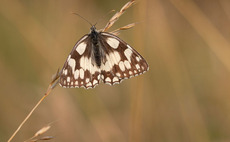
 13 January 2023
•
2 min read
13 January 2023
•
2 min read
